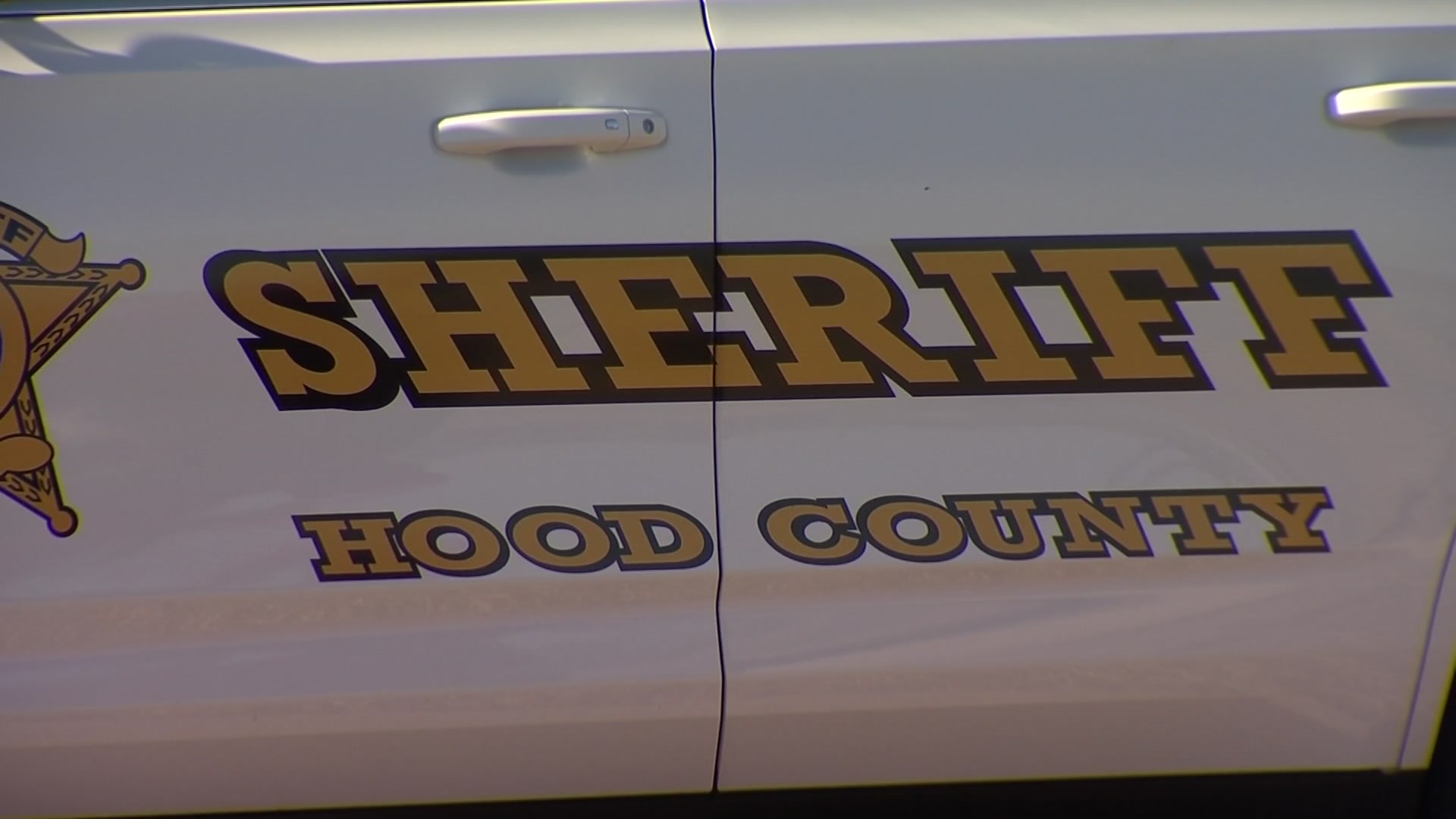DNA tests that tell you about your ancestry have become quite popular. But you may not realize how much privacy you may sign away to find your roots.
For generations, cross-referencing tombstones at the cemetery and vital records was required to unlock your lineage.
But now, you can easily uncover some of the mystery of your family tree with DNA.
Consumers like Larry Guernsey are giving the service as gifts.
"I thought it would be a good Christmas present," Guernsey said.
The $99 DNA test uses a saliva sample to trace family history.
Here's how one company that provides the service, Ancestry, says it works:
"A simple test can reveal an estimate of your ethnic mix… like if you're Irish or Scandinavian, or both."
Local
The latest news from around North Texas.
For Guernsey his curiosity twisted to suspicion once he read the fine print. To proceed, he'd have to give ancestry a "perpetual, royalty-free worldwide transferable license" to use his DNA.
"That entire phrase: 'perpetual royalty-free worldwide transferable,' it sounds like they have left it open to do anything they want with it," Guernsey said.
He was concerned the "transferable license" could put his family's DNA in the hands of an insurance company that could later deny coverage.
"That's not a crazy worry," said Stanford University law professor Hank Greely.
Greely teaches and writes books about the intersection of bio-tech and the law. Greely says medical researchers and pharmaceutical companies routinely need DNA data to develop new products, and companies that have big DNA databases, like Ancestry, sell it to them.
"Some of them get a fair amount of their revenue by selling the analysis of your DNA," Greely said.
NBC 5 Responds asked Ancestry for an interview, but it declined.
In a statement the company said:
"The decisions we make are guided by the basic belief that our customers' data belongs to them."
They went on to say, "We provide every customer options to choose how we may use their DNA data when they sign up .. .We will not share DNA data with third party marketers, employers or insurance companies."
Ancestry's website currently tells users they have a choice to later "delete your DNA test results" or "destroy your physical DNA saliva sample."
Ancestry also says it stores your "DNA sample without your name."
Those statements are posted to its privacy page.
However, they're not in the contract you sign.
"If it bothers you, if it offends, if you're worried about what might be in there, then you shouldn't sign this contract," Greeley said.
Guernsey didn't, and he canceled his order.
So now, the steps to tracing the Guernsey family tree might include an old-fashioned graveyard walk.
Greely noted that DNA tests for genealogy are fairly cheap, perhaps, for a reason – the fact that the data is really being sold again down the line.




